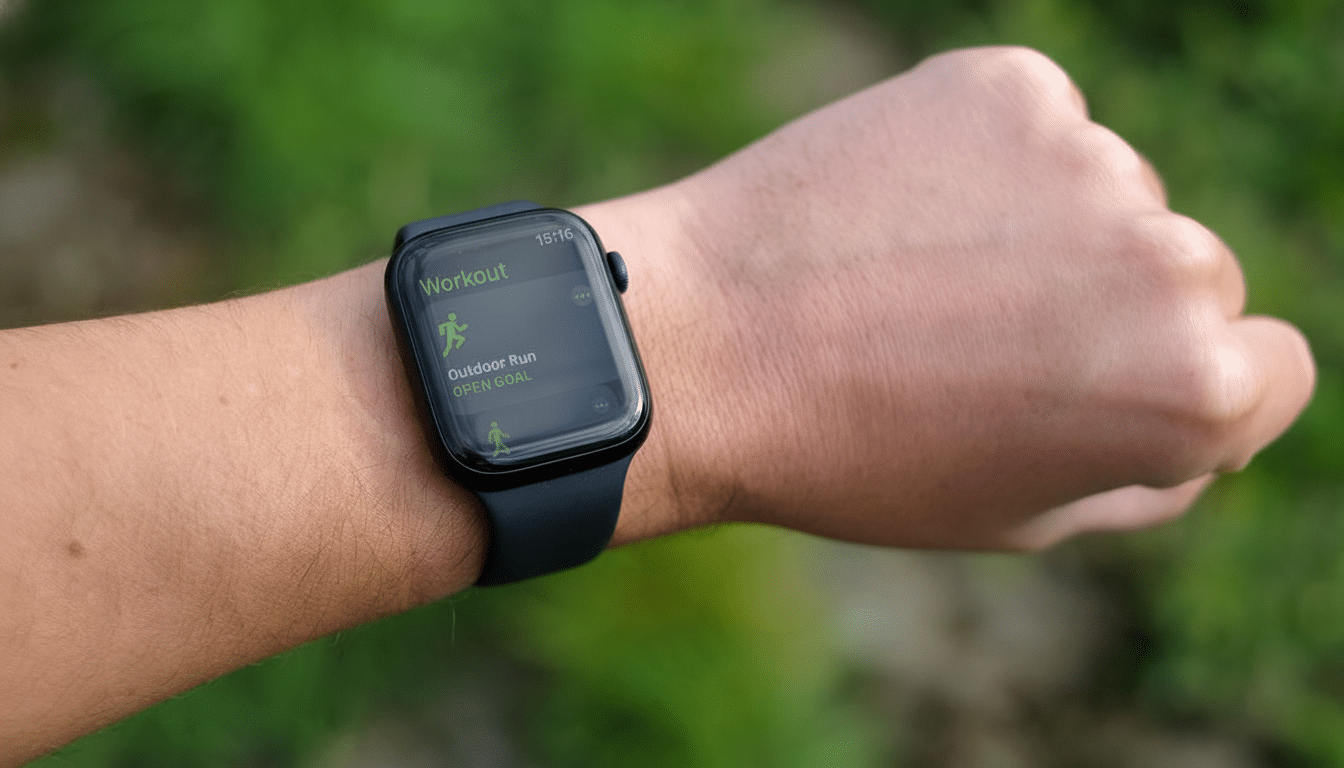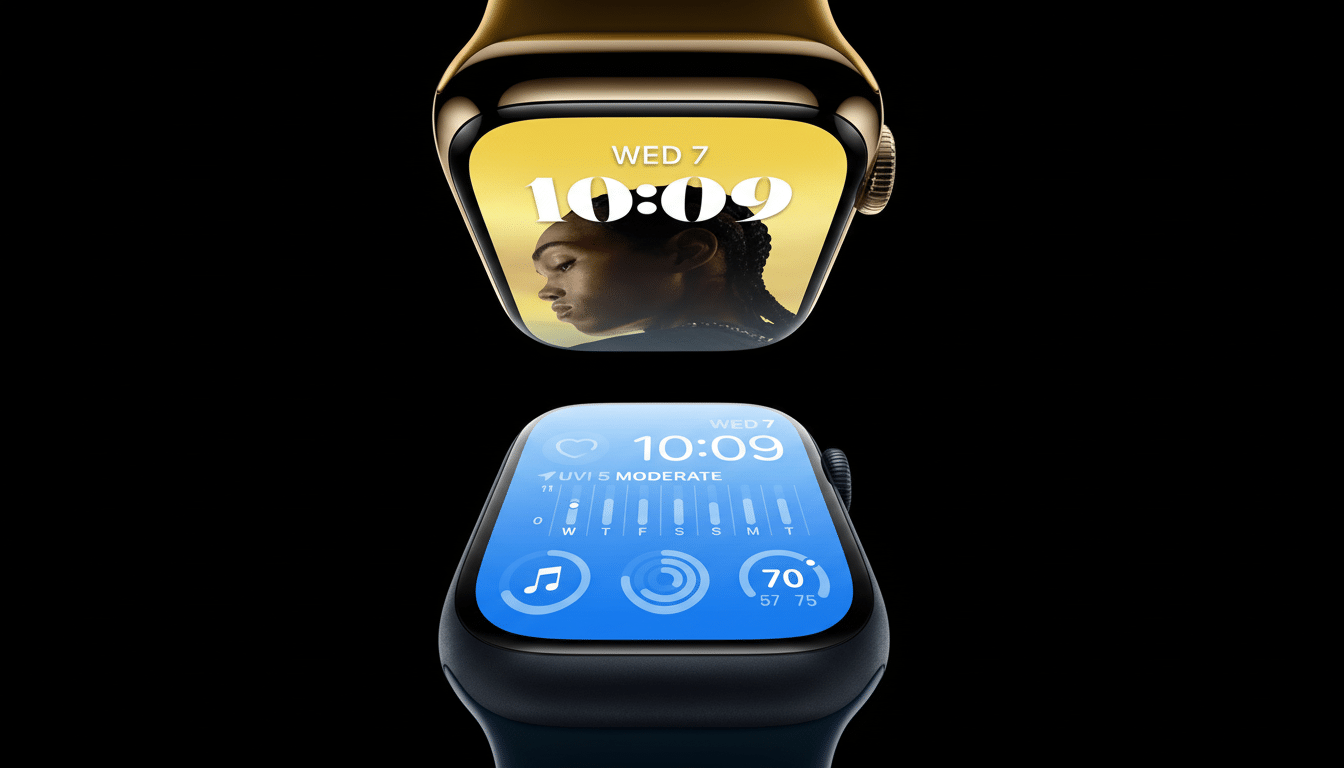Android’s health narrative has always been a mess of apps and silos. Where Apple Health is the single hub for iPhone wellness, Android users manage Fitbit and Samsung Health and Garmin Connect and Strava and so forth before crossing their fingers that Health Connect can bind them together. The problem: Health Connect largely serves as a filing cabinet, not a living system. That may not be the case for long, as Google’s stewing up Health Connect to gather its own data, beginning with onboard step tracking.
Why Apple Still Leads In Health Despite Android’s Advances
Apple fixed the fundamental problems early: a default Health app, a transparent API (HealthKit), and reliable on-device metrics from day one. And that simplicity won users and developers. Android, by contrast, grew fast and open — wonderful for choice but not so good for coherence. Google Fit attempted to do this years ago and then took a backseat to Health Connect, a privacy-first data layer that doesn’t collect its own data.

The result is friction. People with multiple Android devices will often see a discrepancy in step counts, duplicate workouts or leftover gaps where one app wouldn’t play well with another. Developers pick up the tab for integrating each brand’s idiosyncrasies. Analysts project Android runs about 70% of the world’s smartphones, but Apple is still live with commanding their premium wearable-health stack, with research outfits like Counterpoint consistently showing its Apple Watch at the top of global shipments. With all of that scale, Android has never been able to offer up a unified health experience.
What’s changing: Health Connect as native step tracking
Google is currently experimenting with on-board step tracking in Health Connect, the first hint that it will do more than request other apps.
Step counting is low-hanging fruit: It relies on the phone’s accelerometer, so it can work without a smartwatch, and every Android user gets a basic metric to follow on day one.
Why it matters: A baselining metric that doesn’t rely on Fitbit, Samsung Health or a third-party app decreases fragmentation today. It also produces a single “source of truth” for daily activity, one that partner apps can read from rather than re-invent their own counts. Health Connect is included with newer versions of Android as a system component and updated through Google Play, so it can be quickly upgraded to reach the majority of users.
What parity could look like, from hub to baseline
Apple Health works so well because it’s a hub as well as a base-level tracker. If Health Connect takes that blueprint, some pillars to look for:
– Foundation stats: steps today, possibly distance, active time, floors and sleep amount (if sensors permit). More sophisticated signals — heart rate variability, ECG — were the realm of wearables, but the base should be for all.
– Cross-device continuity: backup-and-restore is there but true sync across phone, tablet and watch is still very patchy. A privacy-safe, account-level sync w conflict resolution would prevent the “my tablet shows different steps” issue.
– De-duplication and precedence rules: if both your phone and watch count steps Health Connect will be smart enough to de-dupe them then display one consistent total. Apple Health uses a source-priority model which is a great specimen to follow.

The Fitbit-Samsung Health mystery
Google’s ecosystem adds complexity—and opportunity. Google already has its own premium health brand in Fitbit, and Samsung Health is deeply integrated across Galaxy devices. Health Connect shouldn’t supplant either; it should enhance them by affording a common base.
In practice, that means Health Connect as the data layer default for steps and other basics, Fitbit and Samsung Health layered on top with premium insights: advanced sleep staging, readiness scores, irregular rhythm notifications or coaching. This is similar to iOS, where Apple Health coexists with niche apps from Garmin, Oura and more.
Privacy first, but without losing utility
What makes Health Connect so powerful is privacy: your data lives on-device with explicit per-app permissions. That position follows guidance from public-health bodies and regulators in the E.U. and elsewhere. The opportunity is how to maintain those assurances and offer optional, encrypted sync, clear exportation of data and control over deletions—functions people have come to expect from a modern health platform.
And developers, meantime, require stable schemas and precise time stamps; tooling to block duplication; and reconciliation between device sources. Google’s efforts to standardize fitness protocols already include dozens of popular workout apps. And doubling down here could also help reduce engineering overhead across the industry.
Why this move now
Health isn’t a niche: global shipments of wearables track at a brisk pace, while wellness features drive phone and watch sales.
When Apple can promise a reliable baseline experience from the moment you boot up, and Android cannot, people take note. Native step tracking in Health Connect might be a relatively small feature by itself but its impact ripples through product consistency, developer simplicity, and user trust.
If Google pulls this off—widening the baseline, addressing cross-device sync, and enshrining de-duplication—Android finally has a cohesive foundation to build on.
Partners keep their differentiation. Users get reliable data everywhere. And Health Connect is no longer just a filing cabinet – its the backbone of Android health.
It’s overdue. But it’s the right plan.

